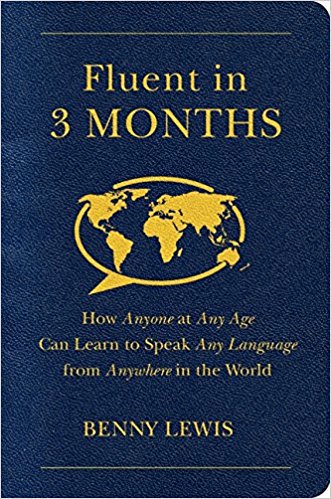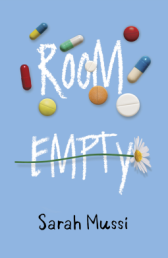Benny Lewis has a blog that he’s turned into this book. Throughout the book he relates his experience learning languages from high school until now as well as what his tips and resources are for learning and maintaining new languages. As someone who’s looking to learn more languages, but who doesn’t have time to take classes I’ve been looking for resources for how to this in a more DIY method.
Like many people Mr. Lewis took language classes in high school but found he couldn’t converse in these languages once he left school. He then moved to Spain and realized he needed to learn Spanish in order to feel like he was mixing into the culture and community. From this experience he developed a method that has helped him further languages.
One of the ideas that made me stop and think was the idea of “fluency.” Mr. Lewis challenges language learners to consider what their goal is learning a language. Too many times new language learners set a goal become “fluent” in another language and this vague term leads them to abandon their project because they don’t appear to make any progress. Instead, Mr. Lewis posits that language learners should set more specific “fluent” goals. For example, are you wanting to understand the lyrics to music in new language? Movies? Have simple conversations? Be able to have political or specific-content discussions? Choosing something specific gives you a goal to work towards which helps guide what vocabulary you learn, what conversational patterns to learn and practice and ultimately gives you something practical to measure your progress against.
I’ve fallen into the trap of becoming “fluent” in only to give up a few months in because I didn’t feel like I was making progress. Now, taking Mr. Lewis’s advice into consideration, I’m sorting languages into those that I want to be able a specific task (Understand Hebrew in Israeli films) or those that I want to be able to converse in different styles and understand any media (French and German). Mr. Lewis gives many resources for how to arrange your study habits in order to achieve your language goals.
One of the critiques I have for this book is that I wish he gave more specific details of the resources he used/recommends. Instead, he mentions them and describes what the resource can do for you. Then gives you the link for where you can find further resources on his website. This is great, but it feels like the book is more like a commercial for the website. So if you’re looking for examples and samples of resources for language this book is only going to scratch the surface. What this book does accomplish is that it gives some good philosophical approaches to language learning.
Advertisements Share this:




